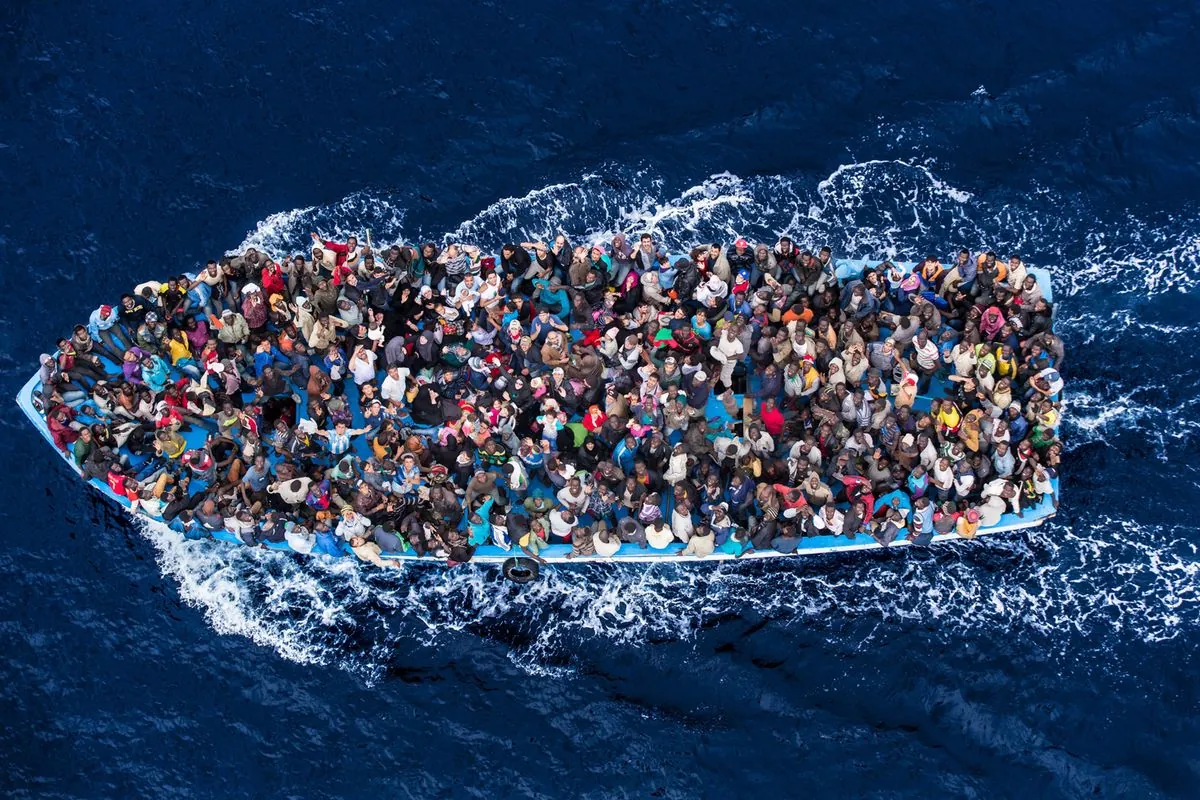EU Migration Drops Despite Political Tensions, Canary Islands See Surge
Unauthorized migration to EU decreased by 35% in early 2023, yet political rhetoric intensified. Canary Islands experienced a significant increase in arrivals, highlighting shifting migration patterns.

In the first eight months of 2023, the European Union witnessed a significant decrease in unauthorized migration, despite heightened political tensions and anti-immigrant rhetoric. According to data from the United Nations International Organization for Migration, irregular crossings over the EU's southern borders dropped by 35% compared to the same period in 2022.

The Central Mediterranean route, traditionally the most frequented path for migrants from North Africa to Italy, saw a substantial decline of approximately 64% in arrivals. This reduction is attributed to increased border control measures supported by the EU in Tunisia and Libya. However, these efforts have raised concerns about the treatment of migrants, with reports of individuals being forcibly relocated to desert areas.
While overall numbers decreased, the Canary Islands, an autonomous region of Spain in the Atlantic Ocean, experienced a notable surge in migrant arrivals. Over 25,500 individuals, primarily from West African nations such as Mali and Senegal, reached the archipelago by August 31, 2023. This represents more than double the previous year's figures for the same period.
The Atlantic route to the Canary Islands is notorious for its perilous conditions, with strong currents and harsh winds posing significant risks to migrants. The Spanish migrant rights organization Walking Borders reported over 4,000 individuals as dead or missing along this route in 2023.
"The emergency is not numerical this year, nor was it last year."
Despite the overall decrease in migration, political discourse surrounding the issue has intensified. The European parliamentary elections in June 2023 and recent state elections in eastern Germany saw gains for far-right parties advocating anti-immigration policies. In response to extremist attacks, the German government announced expanded border controls around its territory.
The situation in the Canary Islands has led to a humanitarian crisis, particularly concerning unaccompanied minors. Spanish law mandates that local governments care for these young migrants, resulting in overcrowded shelters and political tensions.
Experts argue that the focus on irregular migration is disproportionate to its actual scale. Camille Le Coz, an associate director at the Migration Policy Institute in Europe, suggests that other issues, such as climate change, deserve more attention from European policymakers.
Despite current anti-immigrant sentiments, Europe's aging population and labor shortages underscore the need for immigrant workers to sustain economic growth and pension systems. The EU faces the challenge of balancing these economic realities with political pressures and humanitarian concerns.
Addressing unauthorized migration requires long-term solutions, including expanded temporary work programs and increased private sector involvement. As Le Coz notes, "There is no magic deterrence." The complex interplay of factors driving migration, including economic disparities and regional instability, necessitates a multifaceted approach to this ongoing global issue.


































